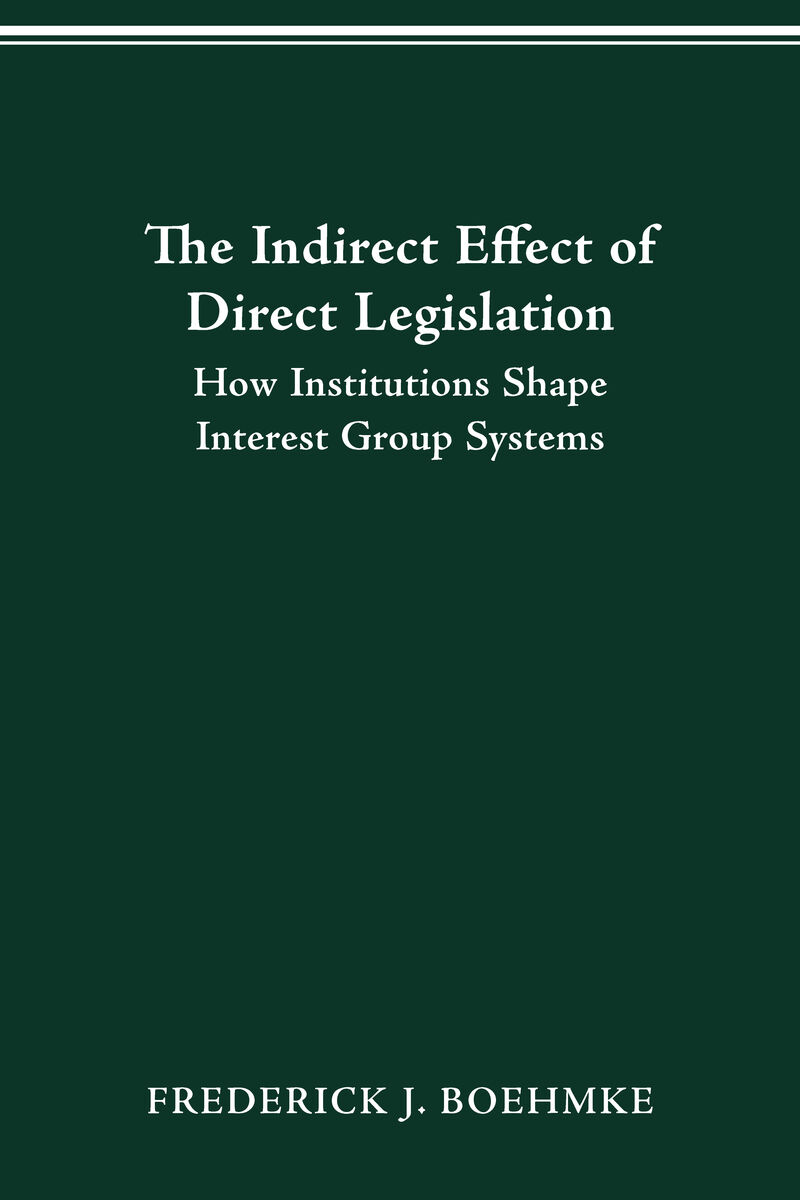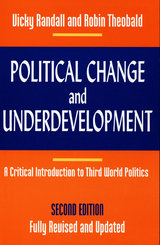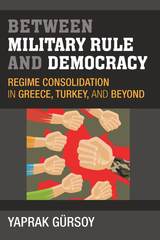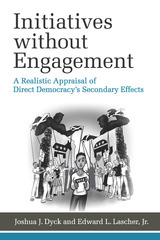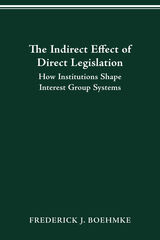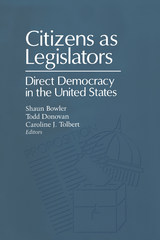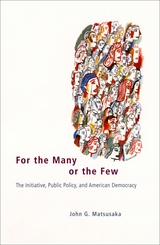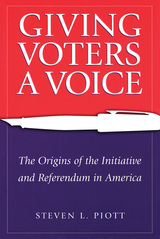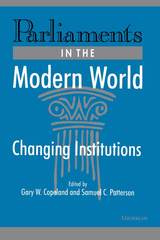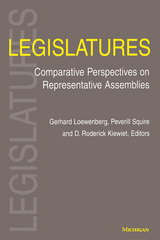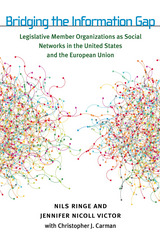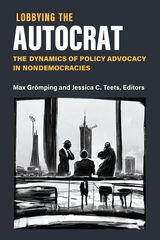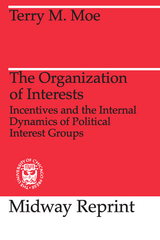THE INDIRECT EFFECT OF DIRECT LEGISLATION: HOW INSTITUTIONS SHAPE INTEREST GROUP SYSTEMS
The Ohio State University Press, 2005
Paper: 978-0-8142-5709-8 | Cloth: 978-0-8142-0996-7 | eISBN: 978-0-8142-7858-1
Library of Congress Classification JF494.B64 2005
Dewey Decimal Classification 328.273
Paper: 978-0-8142-5709-8 | Cloth: 978-0-8142-0996-7 | eISBN: 978-0-8142-7858-1
Library of Congress Classification JF494.B64 2005
Dewey Decimal Classification 328.273
ABOUT THIS BOOK | AUTHOR BIOGRAPHY | REVIEWS | TOC
ABOUT THIS BOOK
Frederick J. Boehmke's book makes explicit the many consequences—intended and unintended—of having direct legislation possible in a state. Many studies of the initiative process argue that it is a flawed process that rewards wealthy interests. While evidence to support this conclusion is often drawn from a number of high-profile, high-expenditure initiative campaigns, ballot campaigns are merely one consequence of the initiative process. The ability to propose legislation directly to the people fundamentally changes the process through which citizens are represented by organized interest groups, benefiting typically underrepresented interests.
To demonstrate this, the author models the incentives that the initiative process creates for interests to organize and for how they communicate their preferences to policy makers. Interests that represent a broader range of the public are found to gain the most from the option to propose initiatives, implying that the set of organized interests in initiative states should reflect this advantage. Ironically, an effect of direct legislation is to potentially increase the effectiveness of special interest lobbying in state legislatures—in a sense, the opposite of the direct control that gives direct legislation its theoretical appeal. Yet, the clear effect is one of empowering voices that traditionally had very little effect in the legislative process. If greater representation is the goal of direct legislation, it is a clear success, even though that success does not really come in the act of ballot initiatives itself.
To demonstrate this, the author models the incentives that the initiative process creates for interests to organize and for how they communicate their preferences to policy makers. Interests that represent a broader range of the public are found to gain the most from the option to propose initiatives, implying that the set of organized interests in initiative states should reflect this advantage. Ironically, an effect of direct legislation is to potentially increase the effectiveness of special interest lobbying in state legislatures—in a sense, the opposite of the direct control that gives direct legislation its theoretical appeal. Yet, the clear effect is one of empowering voices that traditionally had very little effect in the legislative process. If greater representation is the goal of direct legislation, it is a clear success, even though that success does not really come in the act of ballot initiatives itself.
See other books on: Legislative Branch | Lobbying | Political Advocacy | Pressure groups | States
See other titles from The Ohio State University Press
